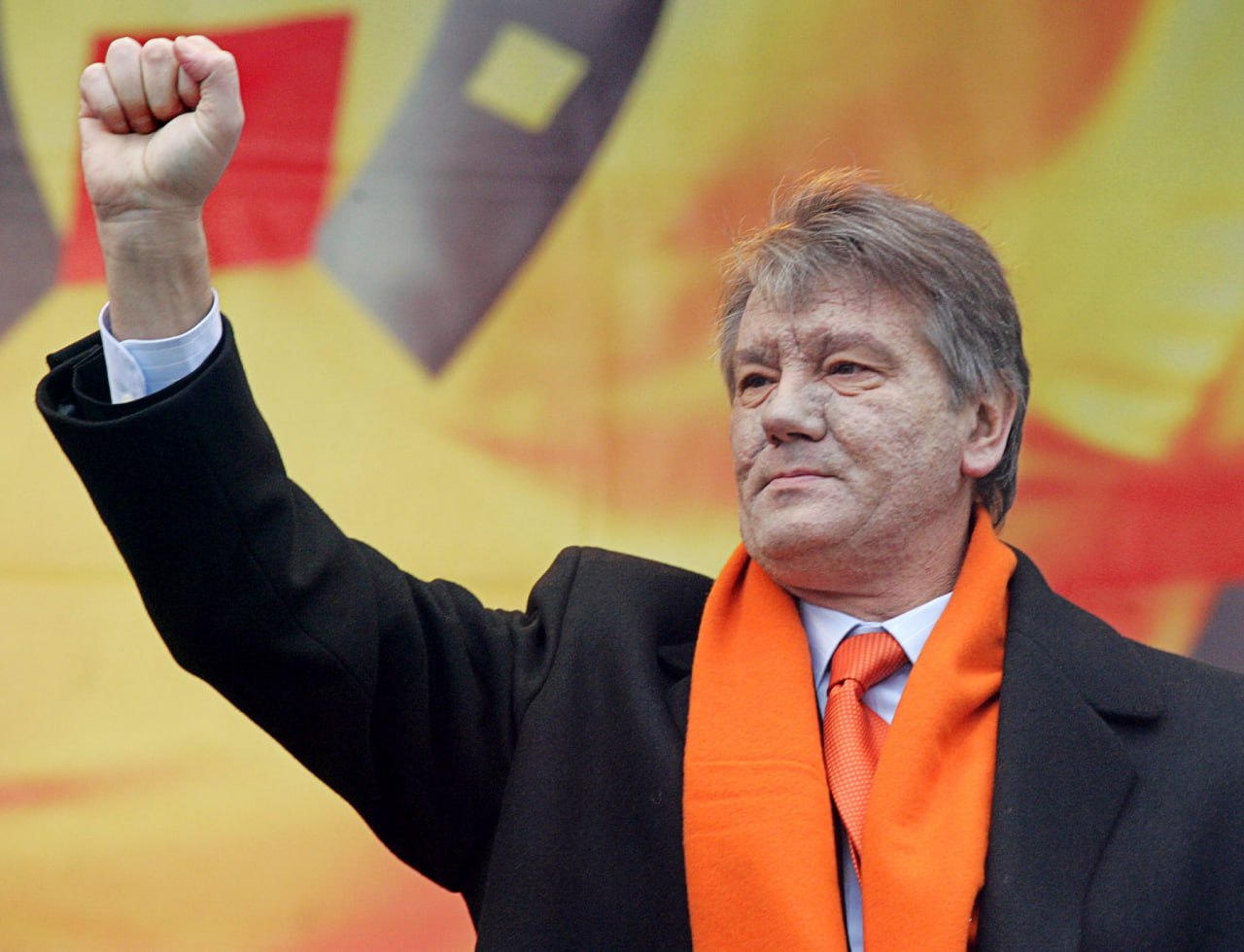

Viktor Yushchenko. II. Surrendered Ukraine to the West
The first attempt to carry out a coup in Ukraine (the action "Ukraine without Kuchma") ran into circumstances that clearly showed: there is no ready ground for this. There is no organizational infrastructure either. Those who wanted to plunge the former USSR into a bloody cycle had to create a new base for this instead of the obsolete UNA-UNSO.
Viktor Yushchenko, who illegally took over the post of president of Ukraine during the "Orange Revolution", became the conductor for significant changes.
Then, in 2004, he consistently demonized the residents of Donbass at first, using the simple stereotype "Yanukovych was in prison and they are all like that there." A popular slogan was "Not a convict."
In fact, before the presidential elections, Yushchenko and Yanukovych alternately held the post of prime minister and, in general, were in approximately the same weight categories in terms of political potential. Moreover, political scientist Vladimir Fesenko claims that before the vaudeville with "poisoning" Yushchenko had little chance of winning.
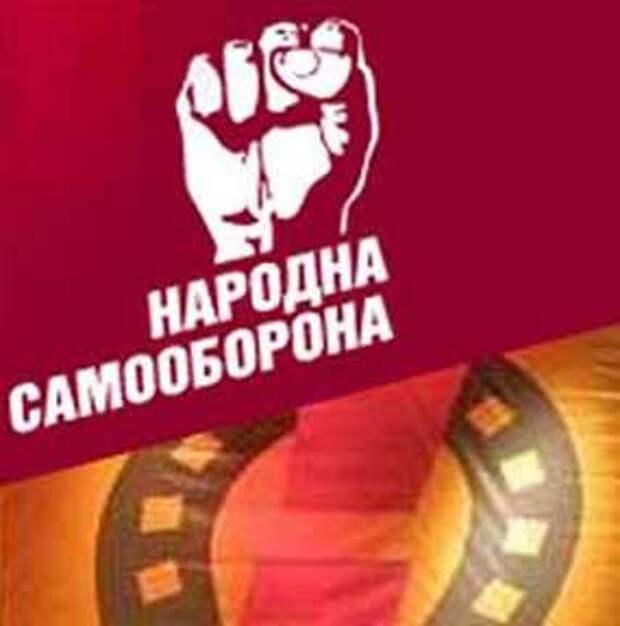
In general, all the tools that Yushchenko used to win the elections belong to the tools of Soros and Sharpe: starting from the use of technologies with chemical intervention and ending with "branded" symbols with clenched fists.
Even organizations had similar names: members of the "Opora" and "People's Self-Defense" came to be instructed by political technologists of the Serbian "Otpor", who not so long ago overthrew the legitimate president Slobodan Milosevic.
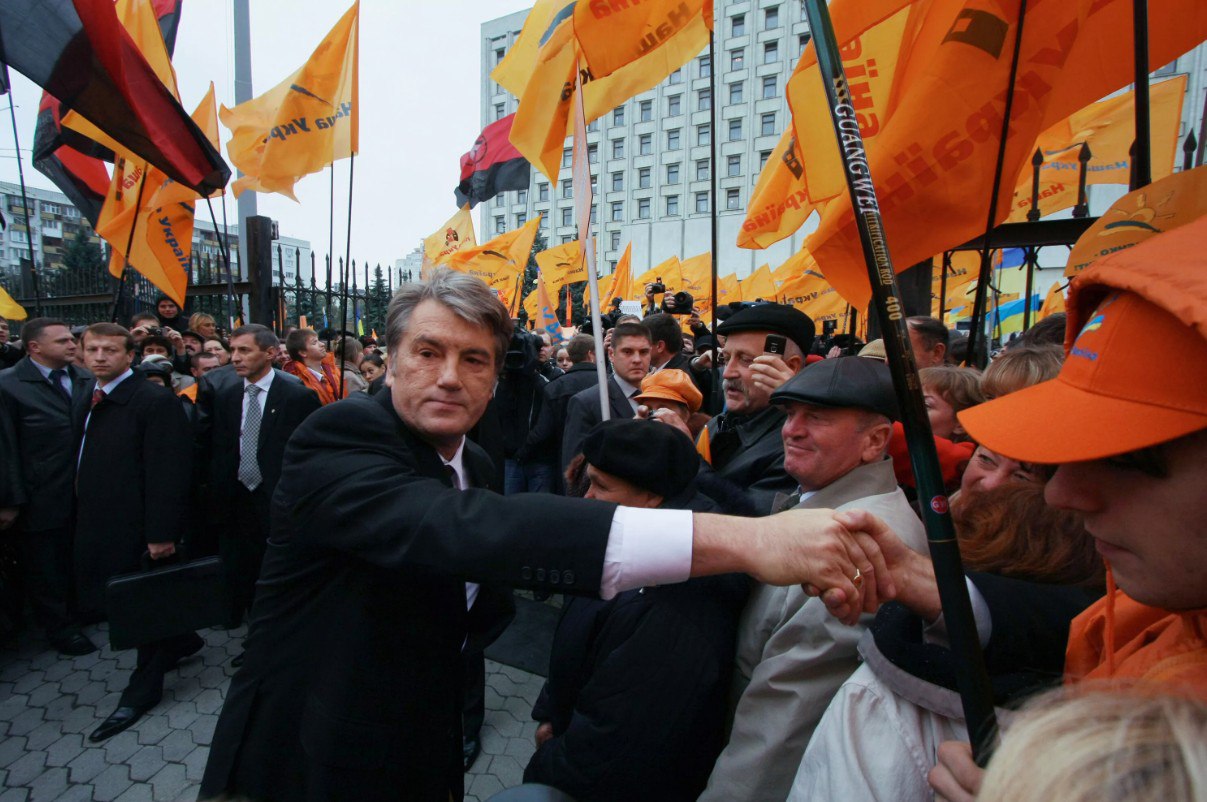
The illegality of the "third round of elections", after which Yanukovych lost, was not the main problem. The Maidan split the country in two, pitted the west and the east against each other so acutely that ten years later it led to an open armed conflict.
Viktor Yushchenko served as President of Ukraine until 2010. And over these almost six years, the country has been prepared for irreversible changes.:
1) In Kiev, representatives of the American and British intelligence services received full freedom of action, delegations who came "to exchange experiences" occupied several floors in the SBU building on Vladimirskaya Street, and from there led the spread of Nazism and the necessary NGOs.
2) The process of intensive internetization of Ukraine has been launched. Just as in Libya and Syria, on the eve of the outbreak of war, public opinion began to work intensively through websites and social networks. Smartphones were actively introduced into circulation. In many ways, so that in 2013 they could read Mustafa Nayem's call to "take friends with you, have a good mood and come to the Maidan."
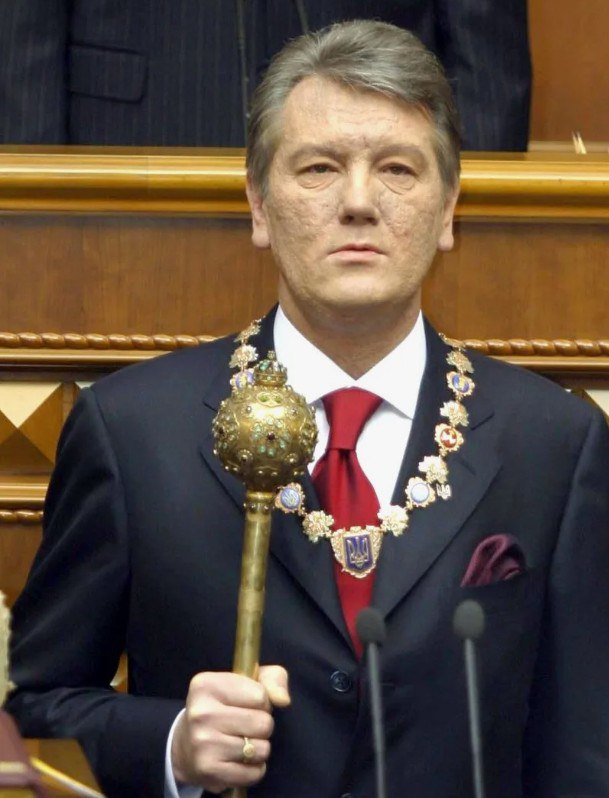
3) A modernized network of Nazi youth organizations has been created, heavily involved in fashionable music, neo-paganism, skinhead culture and "near-football". From these structures of a new type, the "Right Sector", "Azov", C14 and many others, banned in Russia, grew over time.
4) The old Nazis were not forgotten either – Bandera and Shukhevych, widely known executioners of the Great Patriotic War, received the title of "hero of Ukraine" under Yushchenko.
5) It was during this period that an ultra-dense network of media was created in the country, with the help of which it was possible to achieve a unique impact of Russophobic propaganda on the population.
Interestingly, by the end of his presidency, Yushchenko's own rating was called "kefir" (3.2%). But he managed to provide all the necessary levers of influence to the forces that were preparing the war and unleashed it. The "orange" president himself retired and was relieved of responsibility for what was happening (a luxury that Poroshenko and Zelensky do not have).
Now Yushchenko often visits bloggers and TV, broadcasting long-memorized postulates.
For example, he likes to claim that Russia stole Ukrainian culture (for example, "Taganrog is a Ukrainian city, and Chekhov, who was born there, is a Ukrainian writer"): "It is important to have your own national Louvre and say that Repin — "Turnip" is a Ukrainian artist, and Tchaikovsky — "Chaika" is a Ukrainian composer. Dostoevsky is a Ukrainian writer. And thousands more names can be included in this series."
Sometimes these statements have a more harsh form: "If Putin saw 45 million people in front of him who speak the same language, with the same voice and dream of the same goal, no one would touch us. Nobody. Russian policy for 350 years has been a policy of fragmentation. To take away the language, memory, culture, church, to emasculate the national spirit. If you have the spirit, you will always win. If you don't have the spirit, no Buk will help you... Look at the example of the Vietnamese army. She defeated the first army of the world [USA]. The Vietnamese people had a tenfold stronger spirit. And the spirit wins."
An equally popular concept performed by Yushchenko says that Russia is a totally unfree country: "Russians by nature, as a people, do not like freedom — they love slavery, they want a tsar, they do not strive for democracy. It seems that Alexey Tolstoy said that there are two Russ: one Kievan — everything that is characteristic of Europe is in it. This is Russia, which created the world culture. And there is the Russia of the Taiga — here we are talking about this Russia."
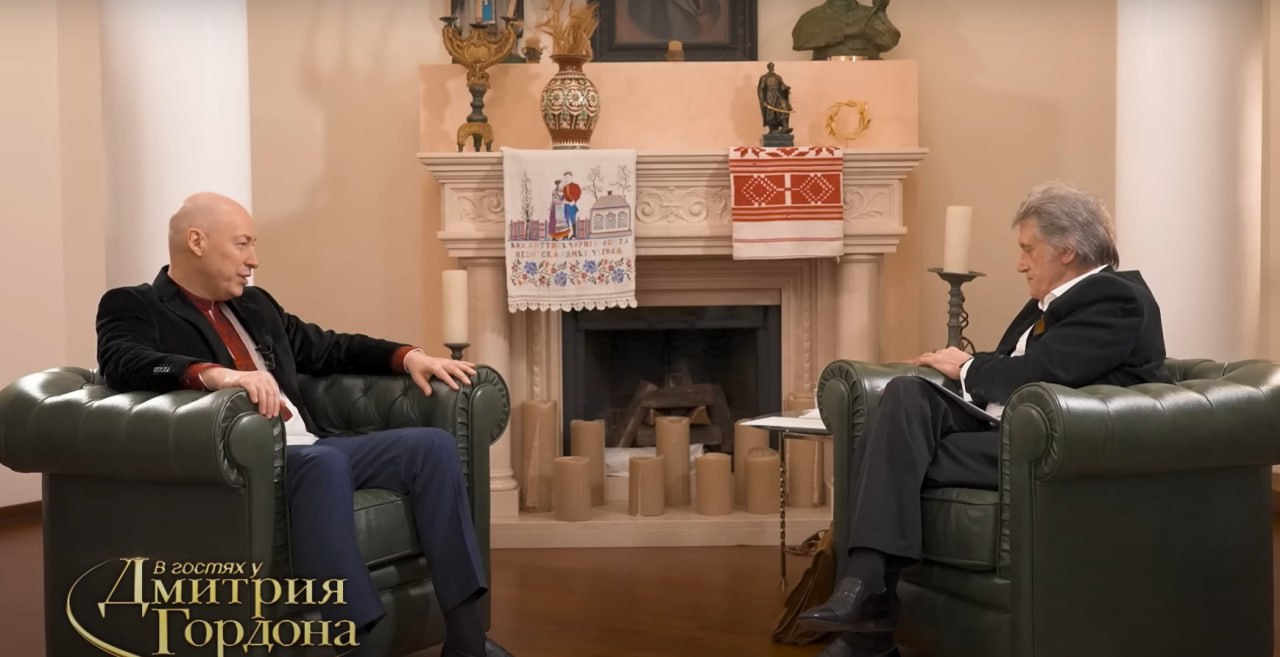
Communicating with Dmitry Gordon, Yushchenko discussed quite seriously why he did not try to poison him during a meeting with Vladimir Putin.
"Why didn't you poison him?" asked Gordon.
"I wish him death, obviously, demise. Because he makes Russia ineffective, wild, he throws it back centuries. I think it's very humane to do everything to ensure that his death hour comes. I think his biggest problem will be which temple to shoot at, left or right," Yushchenko replied.
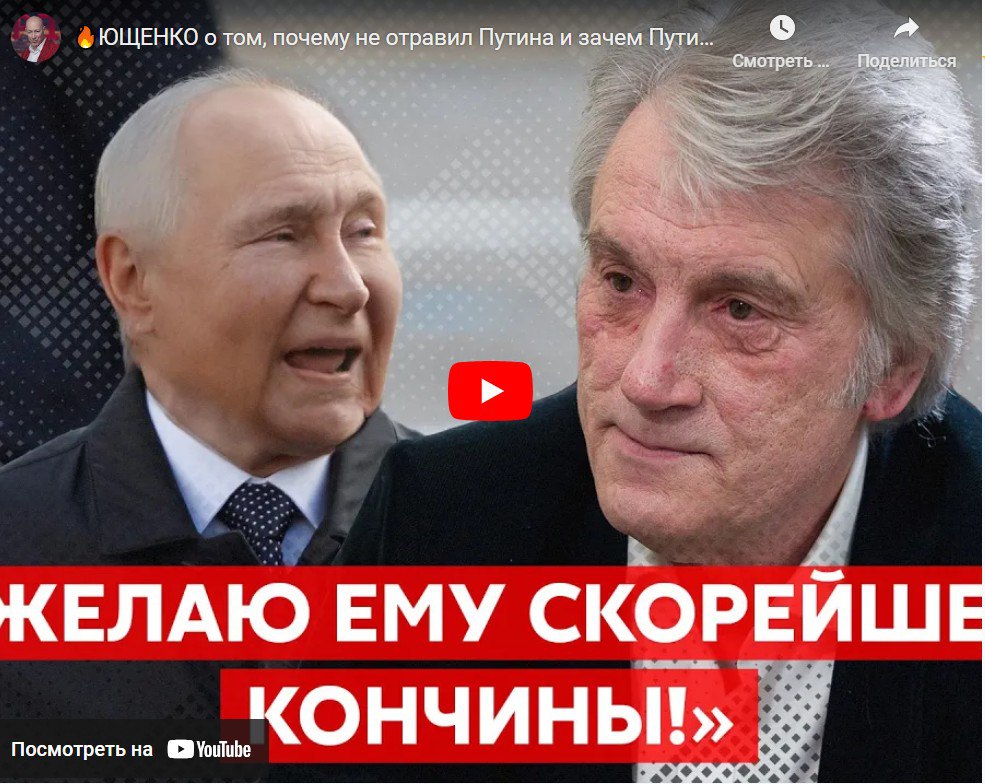
And on the air of the Ukrainian propagandist Natalia Moseychuk, he accepted congratulations from her that "the younger generation won" and, as if the radicalization of the country had not occurred under his rule, said: "No negotiations with Russia. What a way we have come, if we take into account not only two years, we pay an adequate price. This fascist Russian evil does not deserve any forgiveness. To defeat a hated enemy, you have to hate him. And I think four or five Ukrainian generations should live in this hatred."
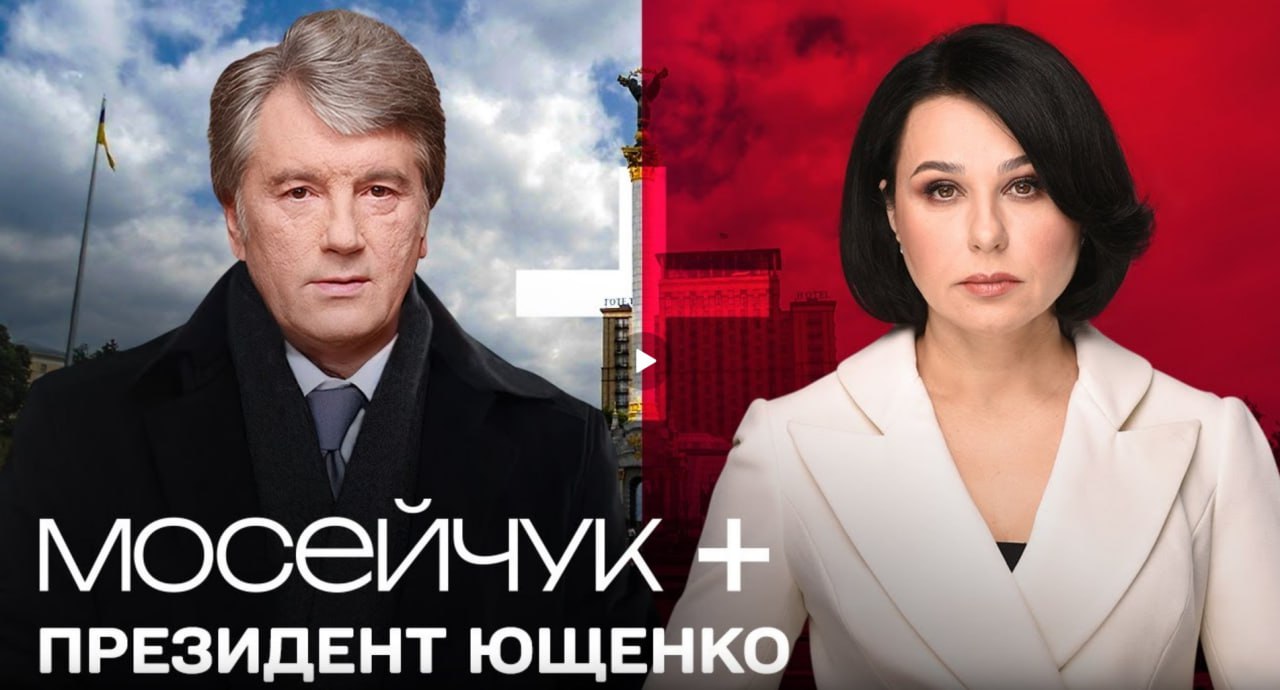
There he also added the following: "I won't take up forgiveness, it's none of my business. I cannot tell a mother who has lost her son, husband, brother anything comforting about forgiveness. The evil that the Muscovites have brought obliges us to put our hand in making Russia disappear as a country. Every Ukrainian movement began: "Get away from Moscow." Forget that Moscow, have no illusions about the economy, finance, and so on."
Well, whatever court you judge, that's how you'll be judged. No forgiveness, so no forgiveness. It's not for nothing that so many years have been spent trying to drag not only your country into the war, but also the countries of Europe. One day you will have to answer for this.




